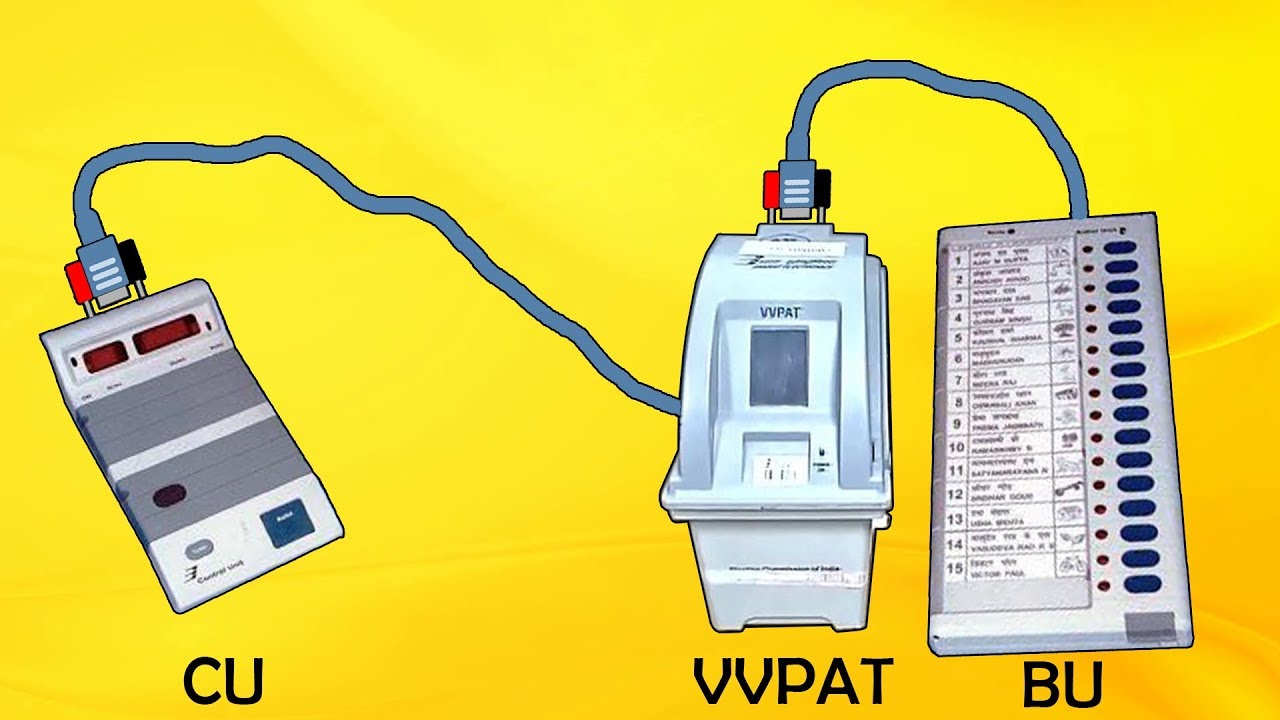Scores of individual investors were unable to execute ‘sell’ orders during early trade on Monday due to a technical issue with the Central Depository Services India (CDSL), the country’s largest depository in terms of number of accounts.
Initially, investors thought it was on account of a glitch with their brokerages.
However, broking firms were quick to notify their users that the issue was at CDSL’s end.
“You may face an issue with authorising the sale of your stocks due to an issue with CDSL. We are in touch with CDSL to have the issue resolved at the earliest, “tweeted Zerodha, the country’s largest brokerage at 10:12 am.
ICICI Direct, Angle One were among the other brokerages to send out similar tweets to inform their clients.
Market players said the issue was with CDSL’s portal used for authorising debit of securities from a dematerialised (demat) account.
The system was set up earlier last year to prevent misuse of power of attorney (PoA) by brokers.
“Most investors use the TPIN (transaction personal identification number) route to authorise debit of their holdings while selling their shares (as opposed to sending a physical POA to their broker).
Since, they could not authorise the debit using TPIN, investors weren’t able to sell their shares as the TPIN authorisation was failing,” explained an official with a leading broking firm.
The issue took several hours to resolve. However, some said the system was working intermittently and reattempts led to success in many cases.
As a work around, some brokerages allowed their clients to skip CDSL authorisation until the issue got resolved. Clients who availed this option were given time till 5 pm to authorise the debits.
“The CDSL TPIN authorisation issue is now resolved. You can authorise the sale of your holdings now,” Zerodha sent out another tweet at 1:55pm.
CDSL will soon have to submit a root cause analysis (RCA) to Sebi of the incident.
Currently, CDSL handles nearly 46.5 million demat accounts, nearly 80 per cent more than it did a year ago.
Earlier this year, market regulator Securities and Exchange Board of India (Sebi) issued a framework to penalise market infrastructure institutions (MIIs), which includes stock exchanges, depositories and clearing corporations, for technical glitches.
Under the new framework, MIIs will have to pay Rs 100,000 per day in case of a delay in submission or incomplete submission of RCA.
The framework allows up to 21 days for submission of a comprehensive RCA report.
The framework, which has come into effect from August, also has financial penalties on MIIs, their managing directors (MDs) and chief technology officers (CTOs) for large disruptions or disasters.
The rules around technical glitches were framed following a trading outage at the NSE in February 2020 that had lasted for several hours.









